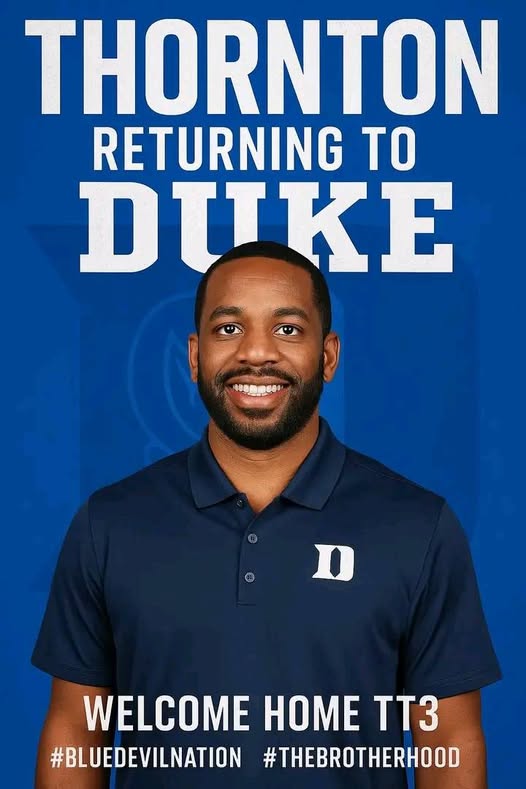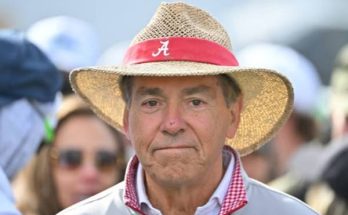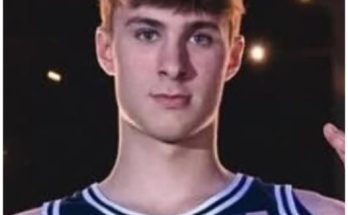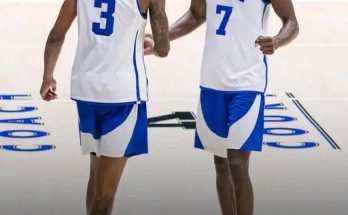When a familiar face walks back through the gothic archways of Cameron Indoor Stadium, the emotion is more than just nostalgia—it’s legacy in motion. Duke Basketball fans are rejoicing with the announcement that Tyler Thornton is officially returning to Durham, not as a player this time, but as an assistant coach under Jon Scheyer. For those who remember his gritty on-court leadership and unrelenting energy, this homecoming is more than ceremonial—it’s symbolic of Duke’s culture being preserved, evolved, and passed down.
Thornton, a former Blue Devil guard from 2010 to 2014, represents the quintessential Duke player: tough, team-oriented, intelligent, and relentless. While his numbers didn’t often headline the box score, his impact went far beyond stats. Now, he brings those same intangible qualities back to a program undergoing a thoughtful transition under Scheyer. This hire signals not only Duke’s continued commitment to excellence but also a deeper understanding that culture wins championships—and culture is what Thornton embodies.
A Guard of Grit: Thornton’s Duke Playing Days
Recruited by the legendary Mike Krzyzewski, Tyler Thornton was part of a Duke era still basking in the glow of the 2010 national title. Though he wasn’t a starter from day one, Thornton quickly earned Coach K’s trust through his defensive tenacity, basketball IQ, and locker room leadership. His most iconic moment? Perhaps the November 2011 game against Kansas, when he drilled a game-clinching three-pointer that echoed across the college basketball world—a play symbolic of Thornton’s unshakable confidence and timely heroics.
Over his four years, Thornton played in 141 games, starting 52. He averaged modest scoring numbers (3.0 points per game for his career) but brought immeasurable value as a defensive specialist and vocal leader. He was the type of player coaches dream about—one who does the dirty work, lifts others, and plays with heart. By the time he graduated in 2014, Thornton had earned the respect of the Cameron Crazies and peers alike.
Building a Coaching Resume with Depth and Integrity
After leaving Duke, Thornton took a route not unlike many aspiring basketball minds—starting small and building steadily. He served in various developmental and assistant roles at the college level, including positions at Howard University and, most recently, at the University of Alabama at Birmingham (UAB). It was at UAB where Thornton began solidifying his identity as a coach—respected for his player development skills, recruiting ability, and leadership in scouting.
Coaches who worked with Thornton consistently noted his empathy, energy, and professionalism. He brought the same fire to the bench that he once brought to the hardwood, this time channeling it into the growth of others. His transition to coaching was seamless; after all, he had long been an extension of the coaching staff even during his playing days at Duke.
Now, Thornton steps into a more high-profile assistant role on one of the most scrutinized and tradition-rich benches in college basketball. And he does so with both experience and authenticity—he knows what Duke demands, he lived it, and now he’ll teach it.
Jon Scheyer’s Vision: Continuity Meets Innovation
Jon Scheyer’s appointment as head coach in 2022 marked a new chapter for Duke—a chapter grounded in legacy but with an eye toward the modern game. Scheyer, himself a former Duke star and national champion, has emphasized player development, analytics, and recruiting at an elite level. His staff reflects a blend of modern thinkers and Duke loyalists, ensuring that the past and future move together.
Adding Thornton fits perfectly within that mission. He is cut from the same cloth as Scheyer—someone who understands the immense responsibility of wearing the Duke uniform. Scheyer has made it clear that Duke is not just a basketball program; it’s a standard. And he’s surrounding himself with those who understand that standard intrinsically.
In a statement released by the university, Scheyer said, “Tyler is Duke. He knows what it means to wear the jersey, to represent this institution, and to lead by example. His journey has shaped him into a remarkable coach and mentor, and I couldn’t be more excited to welcome him back to the Brotherhood.”
Player Development and Recruiting: Thornton’s Role in the Scheyer Era
One of Thornton’s key responsibilities will be player development—a task well-suited for someone who has maximized every ounce of his own talent. His personal journey resonates with young athletes who may not be the most naturally gifted but possess the drive to succeed. Thornton will be in players’ ears during practice, pushing them to reach their ceiling while reinforcing fundamentals, effort, and decision-making.
Additionally, Thornton will play a significant role in recruiting, particularly in connecting with recruits who value relationships and authenticity. His ability to relate as a former high-major athlete gives him credibility, while his warm personality makes him approachable. Duke’s recruiting under Scheyer has been elite, with back-to-back top-five classes. Thornton’s presence should help that continue, particularly in the Washington D.C. area and East Coast circuits where he’s well-known.
Brotherhood Reunited: What This Means for Duke Basketball
Duke’s “Brotherhood” isn’t a marketing gimmick—it’s real. From Shane Battier and Grant Hill to Jayson Tatum and Paolo Banchero, the bond that ties Duke players across generations is powerful. When former players return to take up coaching or administrative roles, it reinforces that Duke is more than a four-year pit stop; it’s a lifelong commitment.
Thornton joins a coaching staff that already includes Amile Jefferson and Chris Carrawell, further emphasizing the value of internal alumni leadership. It’s a coaching tree grounded in shared experience, mutual respect, and a deep understanding of what it takes to succeed at Duke.
There’s also a powerful message here for players currently wearing the uniform: one day, this could be you. Thornton’s rise from role player to assistant coach is a testament to hard work, humility, and passion. It tells current Blue Devils that if you give everything to the program, the program will always be there for you.
Culture Keeper and Change Agent
It’s tempting to say that Thornton’s role is simply to maintain the Duke culture, but that undersells it. He’s not just a keeper of the flame; he’s adding fuel to it. He brings fresh insights from coaching stops beyond Durham. His experience at HBCUs and mid-major programs offers diverse perspectives, important in today’s college basketball climate that demands adaptability.
Moreover, Thornton represents representation—as a Black assistant coach at one of the most high-profile programs in the country, he serves as a role model for young players and aspiring coaches alike. His presence on the bench is not just strategic—it’s symbolic, a sign of progress and opportunity.
Fan Reaction and Alumni Support
The news of Thornton’s return has been met with enthusiasm across the Duke community. Former teammates, fans, and alumni took to social media to express support. Tweets and posts with captions like “The Brotherhood gets stronger!” and “This is the hire we needed!” poured in.
One former Duke teammate wrote, “Couldn’t be happier for Tyler. One of the smartest and toughest guys I ever played with. He’ll make Duke better every day.”
Cameron Indoor will undoubtedly greet him with a warm ovation during the upcoming season, especially when his name is announced on the sidelines for the first time. For fans who saw him dive for loose balls and lock up opposing guards, seeing him now in a suit—representing the same program—will be deeply fulfilling.
Looking Ahead: The 2025–26 Season and Beyond
With a young but hungry roster, Duke is again positioned as a national title contender heading into the 2025–26 season. Scheyer’s team will feature returning talent and another batch of elite freshmen, and Thornton’s role will be pivotal in blending those pieces together.
Expect Thornton to be especially active on the defensive side of the ball, teaching positioning, toughness, and communication—things he excelled at as a player. Don’t be surprised if you see a clip on social media of Thornton getting into a defensive stance during practice, leading by example.
But more than tactics, Thornton will be crucial in team chemistry and leadership development. He’s lived the day-to-day grind of being a Duke student-athlete. That perspective is priceless for younger players navigating the expectations that come with being part of such a storied program.
Final Thoughts: A Full-Circle Moment
There are few stories in sports more satisfying than when a player returns home—not just for a ceremonial jersey retirement or Hall of Fame night—but to help shape the next generation. Tyler Thornton’s return to Duke is that kind of story. It’s about a man who gave his all as a player and now comes back to give even more as a coach.
Duke doesn’t just want talent; it wants values, and Thornton is a walking embodiment of the program’s heart. For Jon Scheyer, this hire brings back a trusted leader, a brother, and a tireless worker. For fans, it reignites the joy of seeing one of their own come full circle.



